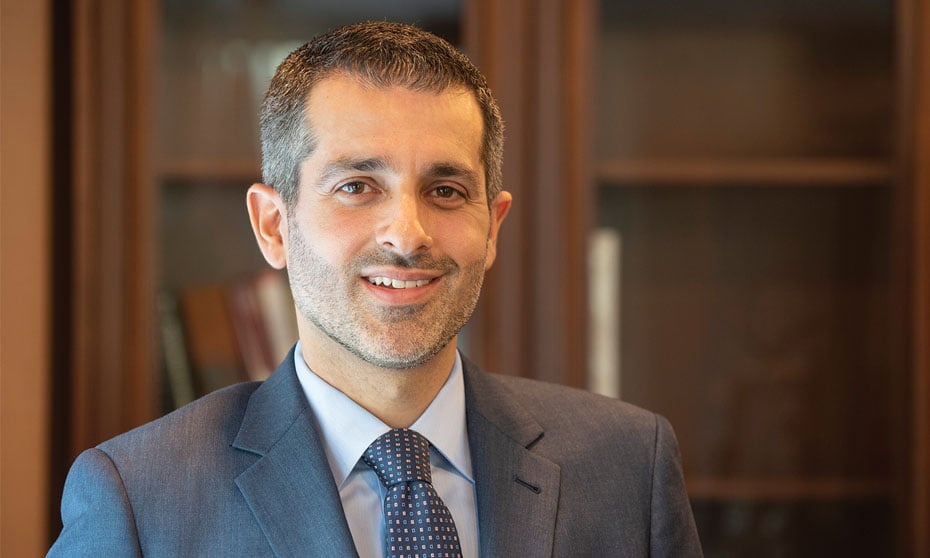
He helped develop policing and oversight legislation

The Ontario Government has named Ryan Teschner as the new inspector general of policing, effective March 27.
Teschner is experienced in community safety, police governance and public administration. He has served as the Toronto Police Services Board's executive director and chief of staff since 2018. He has worked as special counsel to the Ontario deputy minister of community safety and the ministry of the attorney general, where he helped develop new policing and oversight legislation.
As the new inspector general, Teschner will lead the Inspectorate of Policing, an independent organization that monitors police and police board performance and promotes improvements to public safety. It operates at arm's length from the government to provide policing oversight.
"I am delighted to welcome Mr. Teschner as Ontario's Inspector General of Policing – the first and only role of its kind in Canada," solicitor general Michael Kerzner said. "He is a nationally recognized expert who has worked throughout his career to help enhance public safety, modernize police governance and oversight, and build public trust."
Teschner is the recipient of the 2021 Canadian Association of Police Governance Award for Excellence in Police Governance in recognition of his commitment, leadership, and significant contributions to enhancing civilian police governance in Canada.
He graduated from the University of Toronto and Osgoode Hall Law School. He was called to the bar in 2006. Teschner has worked as a litigator, where he practised in the areas of regulatory, administrative, constitutional, and commercial law. Teschner has also appeared as counsel in all levels of court, including the Supreme Court of Canada.
Ken Weatherill will continue to serve as deputy inspector general on an interim basis until Teschner takes over the position in March. Under Weatherill's leadership, the Inspectorate of Policing has developed in line with the legislative requirements of the Community Safety and Policing Act 2019.